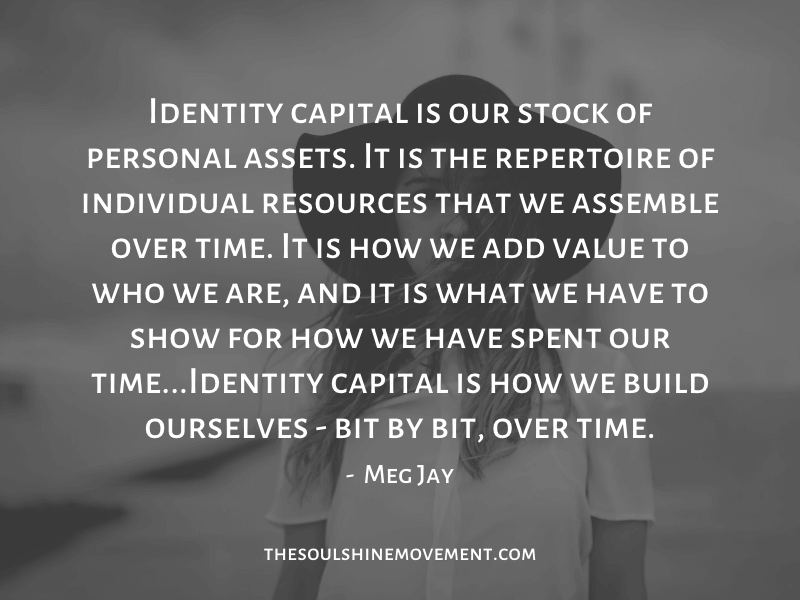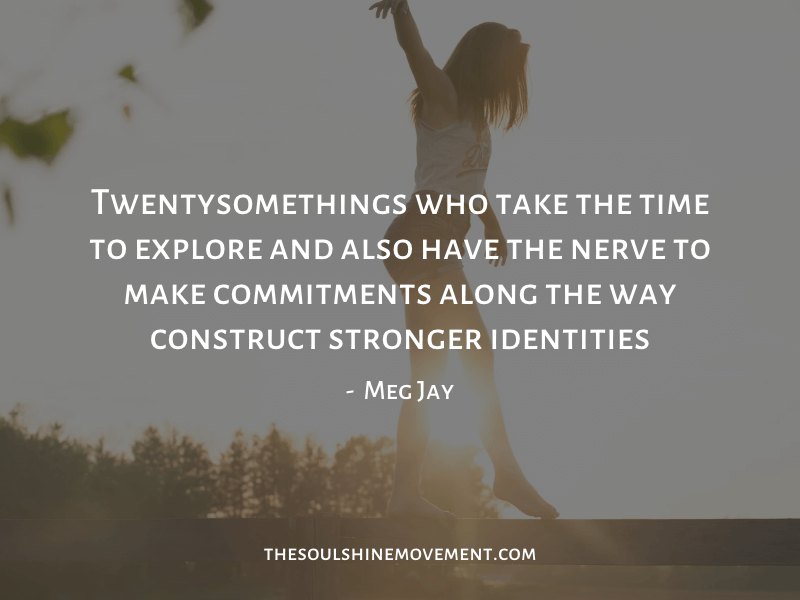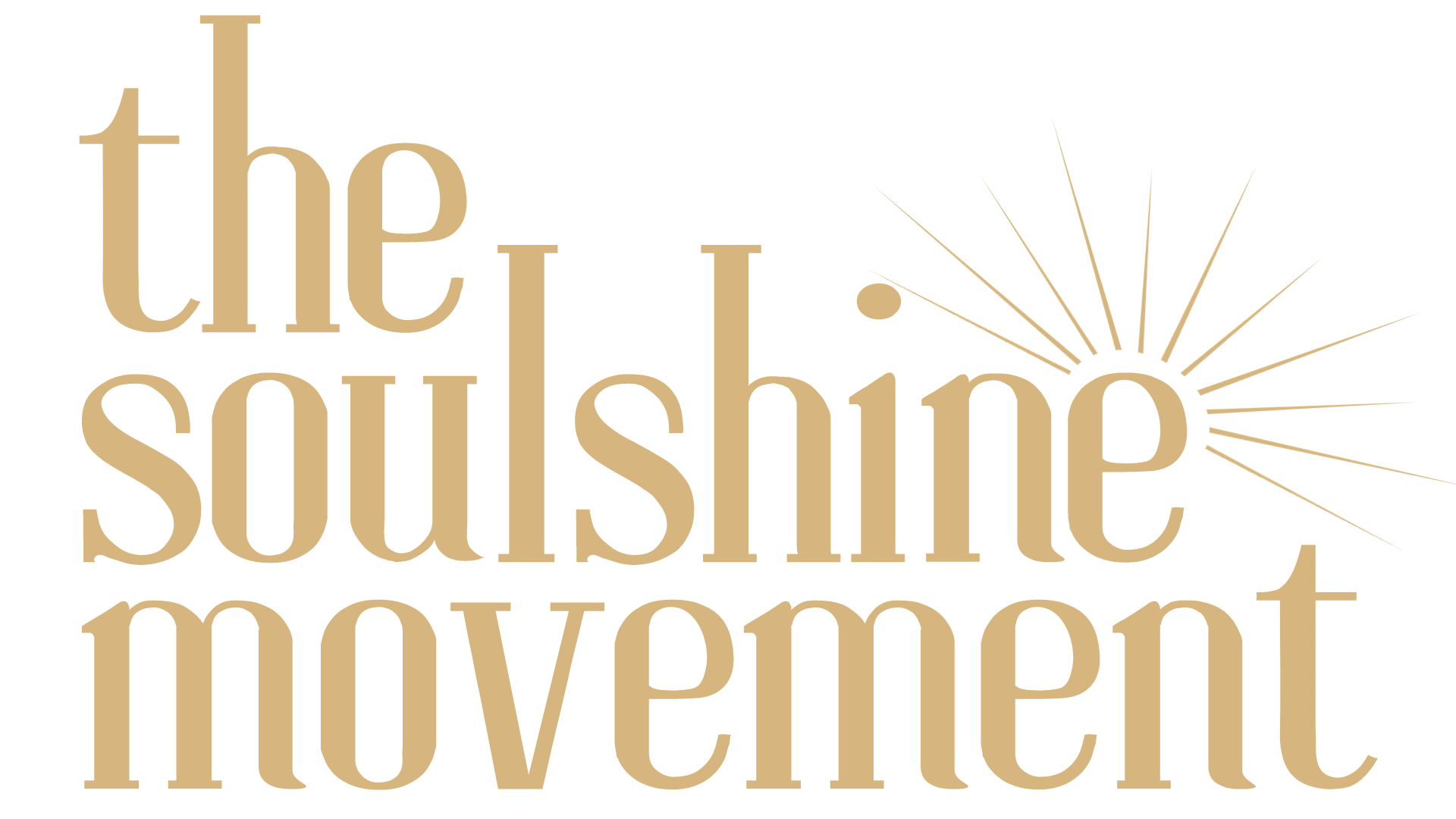Have you ever felt like everyone around you has their life together, and you have no idea if you’re on the right path?
Maybe you look around and it seems like everyone else your age is light years ahead of you, and you’ll never catch up.
Welcome to the quarter life crisis. You’re not alone, I promise. If you haven’t yet heard about identity capital, it may be just the thing you need to focus on.
So many people in their mid to late twenties and early thirties will go through some form of a quarter life crisis. It’s a period in which we feel uncertain about the direction our life is heading.
An article from Forbes magazine last year describes the feeling perfectly:
“A quarter-life crisis comes about when you’re faced with the reality that your life is not what you thought it was going to be. It’s an emotional crisis of identity and self-confidence. You’re faced with the feeling that maybe you’re not being true to who you are, but you’re not quite sure who you’re supposed to be, either.”
When I went through this, I felt overwhelming amounts of anxiety and stress. I felt like I immediately needed to figure out what I wanted the rest of my life to look like (and every step I’d need to take to get there).
After a bit of soul searching, I realized that this was unrealistic. We’re all constantly evolving and changing, and if I tried to plan out the rest of my life, there would be no guarantee that I’d be happy three, five, or ten years down the road.
A friend of mine recommended the book The Defining Decade by Meg Jay, and one of my biggest takeaways from this book was the concept of identity capital. Meg describes identity capital as:

Meg’s concept of identity capital can be extremely valuable when navigating through times of crisis.
Here are a few examples of identity capital and further insight into why it is crucial to surviving a quarter-life crisis:
Examples of Identity Capital
Let’s go over some examples of what this might look like in your life.
Identity capital can be identified in a variety of ways, such as the following:
- Assets you’ve created or something you’ve earned
- A college degree
- A license to practice law
- Starting your own business
- A promotion at work
- Qualities you value about yourself and life experiences you’ve had as a result of those qualities
- Quality: A willingness to push yourself outside of your comfort zone
- Experience: Traveling internationally and experiencing new cultures with an open mind
- Quality: Being kind and selfless
- Experience: Volunteering consistently in a capacity that has brought about change for others
- Hobbies or causes you are passionate about that have shaped your lifestyle
- Living a healthy lifestyle through some form of fitness
- Advocating for increased awareness on the importance of mental health
- A love for music and sharing it with others
Identity capital makes you who you are. It is built from experiences that add richness and depth to your core personality. Think about how you and those closest to you would describe your character, your accomplishments, and anything unique about you that makes you YOU.
The Importance of Building Identity Capital
Identity capital is a critical part of growth and development. It can help us land dream jobs, make important connections, and open opportunities for a better future.
And it’s not just about being driven in your education or career. While a master’s degree is a great piece of capital and shows that you can be dedicated to completing something difficult, it doesn’t round you out as a person.
Being able to speak to what has provided meaning in your life and how you’ve added value to society does. Maybe you’re a member of a cross fit gym and have been surrounded by an incredible community of people that have helped you grow as a person, or maybe you’ve volunteered at the local homeless shelter for years and have made a difference in the lives of less fortunate people in your neighborhood.
Now that you’ve got a better grasp on what identity capital is, you might be wondering why it is important in a time of crisis.
Identity capital is our collection of experiences. It is how we invest in ourselves, and it is what we can look back on over time and be proud of. It is what we have to show for what we’ve done with our lives.
When you’re in a time of crisis, this is important not only to help us put into perspective the meaning and value we’ve created in life so far, but also to inspire us to keep building upon that, even when we’re not sure what we want our future to look like.
This translates into two actionable steps you can take to not only survive the crisis, but thrive on the other side:
1. Put your current identity capital into perspective.
Being able to identify your past accomplishments and aspects of your life or your personality that you are proud of can go a long way in calming your anxiety around who you are (your identity).
While it won’t necessarily solve the problem of figuring out what you want to do next, remember that we are all constantly evolving. While your past accomplishments may not reflect what you want your future to look like, at each point in your life you did what made sense to you and was best for you at the time.
None of it was time wasted, because it got you to where you are today.
2. Continue to build identity capital, even if you don’t know what direction you’re headed
Because as they say, the time will pass anyway.
Basically, you have two options. You can be miserable, anxious, and avoid making any changes until you have some realization about what you want to do next, or you can be explorative and start taking actions.
Chances are, you aren’t going to happen upon that realization without taking a few risks and trying something new.
The choice is up to you; let the time pass without gaining any new experiences and potentially look back with even more regret, or start exploring and have something to show for it down the line.

How to Build Identity Capital
Feeling excited about the idea of identity capital but not sure how to get started? Here are some tips to keep in mind:
Choose things that are important to you
When you’re not entirely sure what’s next for you in life, the best way to make sure you’re headed in a direction that’ll get you to a place you’re excited about down the road is to get clear on what is important to you.
Don’t invest your time and energy into what you think other people expect of you – this is a sure-fire way to be unsatisfied and feeling like you’re not living a life true to yourself.
Instead, find what resonates with you and follow that path. Drop your worries about other people’s expectations. I know this is easier said than done, but you’ll only feel at peace with your decisions and the life you’ve created when you are being true to your authentic self.
Set goals
Goal setting is a great way to hold yourself accountable for actually making progress on what you deem important in your life. When you don’t set goals, more often than not the ideas you have for your future end up being just that – ideas, with no action or outcome.
Setting and achieving goals leads to increased happiness and success. Goals give us something to work towards, a sense of purpose, and more agency in our lives. They lead to increased motivation and ultimately, some sort of output (i.e.: identity capital!)
One quick caveat I’ll add about my own view of goal setting: never become so focused on the outcome that you rush through the process to get there. Identify the goal, and then break it down into actionable steps in which you will build the foundation to achieve that goal.
Being intentional about how you reach your goals will allow you to find value and joy in the day to day work, rather than only being satisfied when you’ve accomplished the goal.
Related Reading: 22 Examples of Personal Growth Goals
Challenge yourself
We’re all about personal growth here, right? You can’t grow if you don’t challenge yourself.
This might be a mindset shift for you. It can be tempting to sit back and take the easy way out if that path is available, but you probably won’t gain much from it.
Let’s say you’re currently a waitress at a restaurant, and you have the opportunity to take on a marketing internship at a reputable company. The internship doesn’t pay anything, and you’re not even sure if you’ll enjoy the work, but you’re really interested in getting into the marketing field.
It might feel much safer to stay at your waitressing job where you know you’ll make money, but taking on the marketing internship will be a challenge and is what will help you build identity capital. Can you find a way to do both?
When you finally get the courage to start applying for jobs in the field you’re interested in, what do you think a future employer will find more valuable on a resume? Not only will you have something to show for how you’ve spent your time, you’ll also be more confident in yourself going into interviews because you now have experience.
If you always remain in your comfort zone, you’re probably not going to experience much growth or open up many opportunities for yourself. But when you challenge yourself, you’ll have experiences to look back on that you can be proud of yourself for and identity capital to help you take the next step.
Constantly Evaluate
Once we’ve spent some time chasing after goals and stepping outside of our comfort zone, we might find ourselves in a position that feels successful. You’ve worked hard to get to where you are, built up some identity capital along the way, and now feel like you can ride it out for a while.
But are you truly happy with where you are? It can be easy to get stuck in the rhythm of our day to day lives and not seek out anything more.
This can be a dangerous place to be. You’re living on autopilot, and before you know it, several years have passed you by.
Instead, be intentional about evaluating the position you’re in constantly. Are you valued by your team at work? Are you being challenged? Could you possibly find an organization who makes your voice feel more heard, or provides more opportunities for advancement?
This goes for all aspects of our lives, not just work. Always be evaluating your relationships, your health and wellness, and how you spend your time. If you aren’t happy with something, be intentional about making a change.
Take Actions & Build Value
Most importantly, take action. You’ll never accomplish anything if you can’t take the first step.
Identity capital is all about investing in yourself and building a secure foundation that is unique to you.
If you keep making choices, taking the next step, and staying true to what you value, you might build up something incredible without even realizing it. You’ll build value that translates far beyond your resume.
When you are committed to continually working on yourself, you are putting down roots. You’ll grow as a person in what you are passionate about and what you believe in, and you’ll become much more confident and secure in who you are.

If you’re interested in learning more about building identity capital and how it will add value to your life, definitely pick up a copy of The Defining Decade by Meg Jay.
Identity Capital and Intentional Living
How can we be more intentional about building identity capital?
- Make a list of identity capital you want to build in the future. Think about what you want to accomplish and the type of person you hope to become.
- Ask yourself what steps you need to take to make that list a reality. Some of these may be big goals, and it’s important to break those down into smaller, actionable items that you feel you can realistically achieve.
- Prioritize. If you’re anything like me, it might be a really long list. We all only have so much time in the day, so it’s important to be realistic about what you hope to accomplish in a certain time frame.
- Plan. Schedule out the action items from step 2 to hold yourself accountable for actually getting them done. What will you do this week or this month to make progress on your list?
- Execute and evaluate. On a weekly (preferred) or monthly basis, ask yourself:
- What went well? Did I accomplish the tasks I laid out in my plan?
- What didn’t go well? Why?
- Is this still something I want to do?
- What can I do better tomorrow / next week / next month?
The last step has been one that I’ve found the most important in my life. In order to truly be intentional about building identity capital and accomplishing goals, we need to reflect on our actions and revise our strategy moving forward.
If you’ve decided something on your list isn’t necessarily something you want to be working towards anymore, that’s okay. But it’s important to get clear on what got you to that decision so that you aren’t second guessing yourself moving forward. By taking this step, you can re-focus on what you truly want to prioritize.
As long as you continue to be intentional in your day to day life, you will build identity capital along the way. Even when you are going through a time of crisis, at your core you will know what is truly important to you. Follow your instincts and continue to take action even when you are not sure what the next step is; you’ll find clarity along the way.
What identity capital have you earned so far in your life? What do you hope to earn in the future?











0 Comments